On October 14-15, 2024, Synergy Days took place in Barcelona, marking the fourth in-person meeting of the SmartAgriHubs initiative. With 550 registered participants and co-organization and featuring of 39 projects, including PoliruralPlus, the event focused on connecting communities in the field of digital innovation in the agri-food sector. The rapid pace of development and growing global challenges made this gathering more relevant than ever.
*** Collaboration as the Key to Success
The core message of the event was clear: collaboration and knowledge sharing are essential for addressing the pressing challenges in agriculture. Participants emphasized the need for faster adoption of digital technologies, efficient resource use, and learning from one another to make agriculture more resilient and sustainable.
A Spanish government advisor highlighted this point by sharing insights from Spain’s Recovery and Resilience Plan. He explained how Spain turned challenges, such as poor internet access in rural areas, into opportunities. For example, by 2025, Spain aims to provide full internet coverage to all rural regions, enabling more farms to embrace digital tools. This push for digitalization has already reached 16,000 farms, allowing small farmers to use advanced technologies, such as drones and animal monitoring systems, which save time and improve resource management.
*** Digital Transformation Empowering Communities
One of the most inspiring aspects of the event was the focus on building digital capacity in rural areas, particularly among women. In Spain, women are recognized as the most active and innovative group in adopting digital technologies on farms. A dedicated training program is helping them enhance their skills, further fostering innovation in rural communities. The transition to digital agriculture is also creating new job opportunities, helping to revitalize rural economies.
This drive for digital transformation is supported by large-scale investments. In collaboration with Portugal, Spain has launched a constellation of 16 satellites to support the digital infrastructure, financed through the EU Recovery and Resilience Facility. This project is part of a broader European initiative to boost supercomputing capacities and establish a network of digital innovation hubs across the continent.
*** Addressing Key Challenges in Agri-Food Digitalization
However, the digital transformation of the agri-food sector is not without challenges. Participants discussed key obstacles, including limited investment capacities, the high number of small businesses, and a lack of trust in data sharing. The complexity of implementing artificial intelligence (AI) in agriculture was also highlighted, with concerns about insufficient data and a lack of commonly acknowledged standards for interoperability.
Despite these challenges, the potential of AI in agriculture remains largely untapped. The participants explored its promising applications, such as reducing administrative burdens, offering personalized support for farmers, and improving risk prediction in farming operations.
*** Building a Competitive and Resilient Agri-Food Sector
In terms of global competitiveness, the numbers show both opportunities and challenges. While agriculture contributes 4.5% to employment and 1.3% to the EU’s GDP, the sector is still lagging behind the US in terms of productivity. However, the digitalization of agriculture is projected to grow significantly, with the market expected to expand from €18 billion in 2024 to €30 billion by 2029.
To fully capitalize on these opportunities, the event highlighted the importance of data sharing and interoperability. Investing in data spaces and ensuring that digital tools are accessible and scalable for small farmers were emphasized as critical steps in boosting the sector’s productivity and competitiveness.
*** The Road Ahead: A Collaborative Future
As the event drew to a close, it became clear that the digital transformation of agriculture is about more than just technology—it’s about communities working together. By leveraging shared data, embracing new standards, and fostering collaboration across sectors, the agri-food sector can become a driving force for sustainability, resilience, and global competitiveness.
The Synergy Days in Barcelona were a reminder that while there is no single solution for every rural and remote area, the collective power of communities holds the potential to accelerate digital transformation and ensure a more sustainable future for agriculture.
Representatives from several partner organizations actively participated in the Synergy Days conference for the PoliRuralPlus project, including the Plan4all association, the Czech Center for Science and Society, and Faculty of Information Technology CTU in Prague from the Czech Republic, Slovak Agricultural University in Nitra from Slovakia, the Poznan Supercomputing and Networking Center from Poland, and Asplan Viak from Norway.
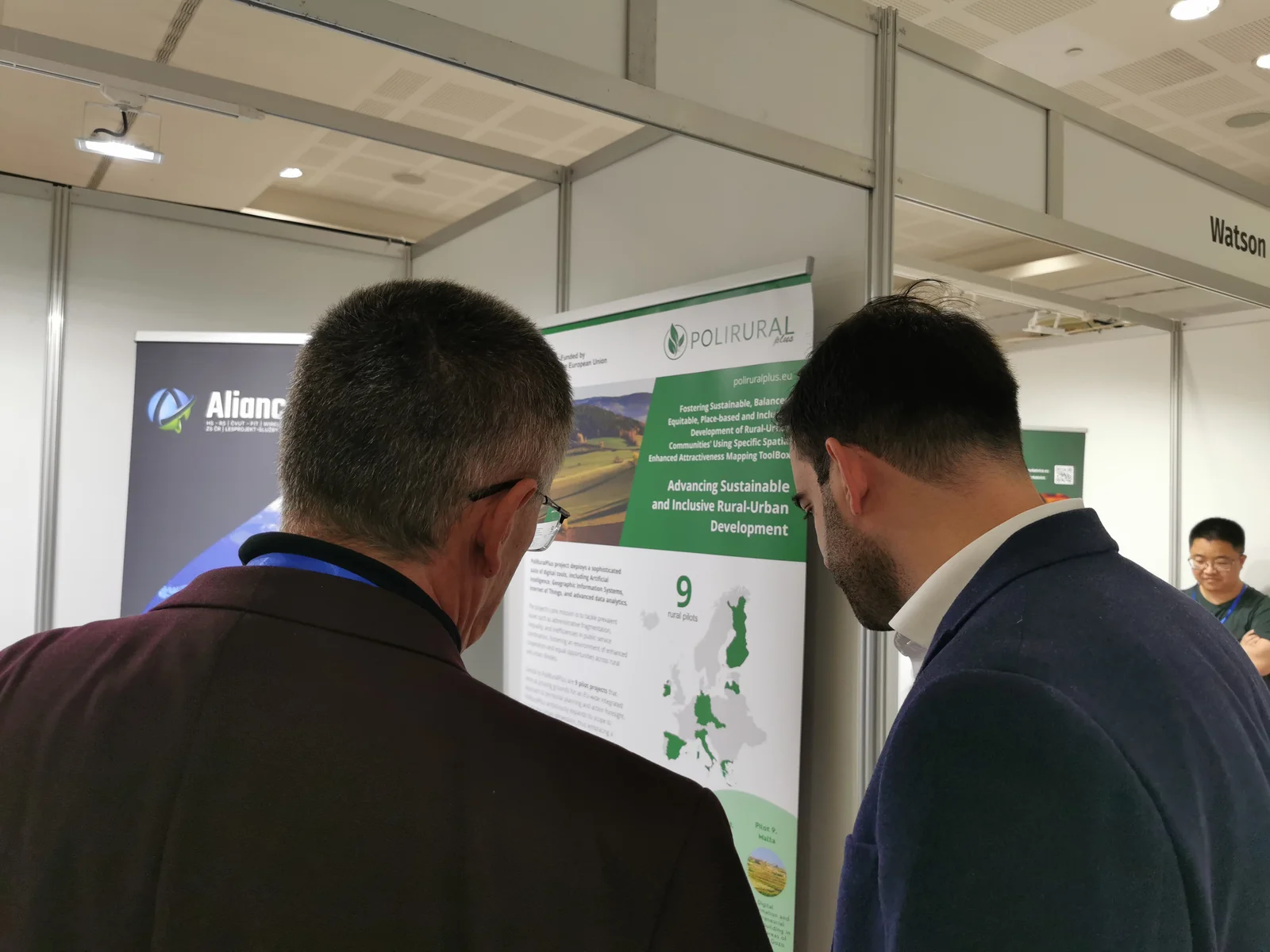
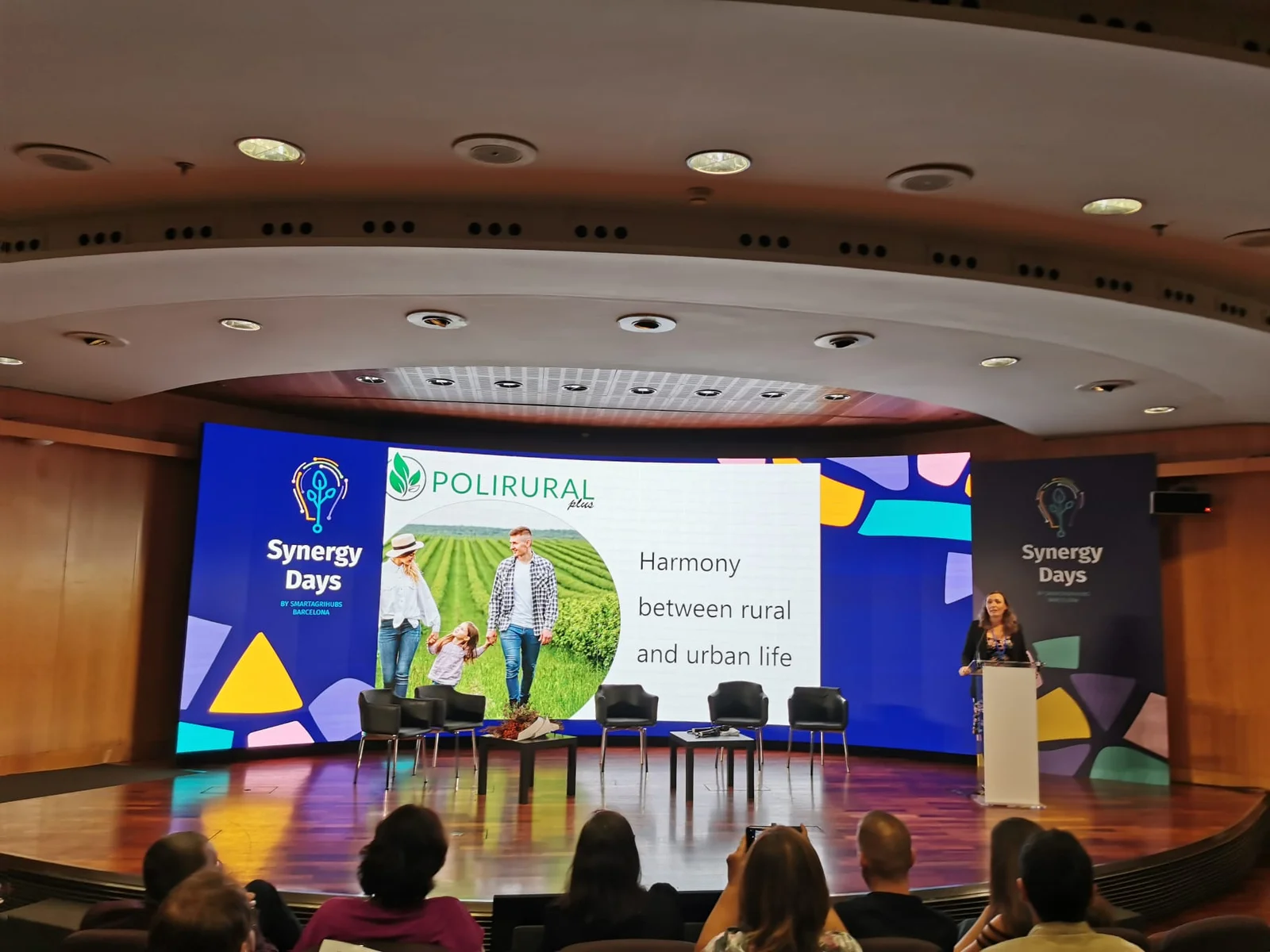
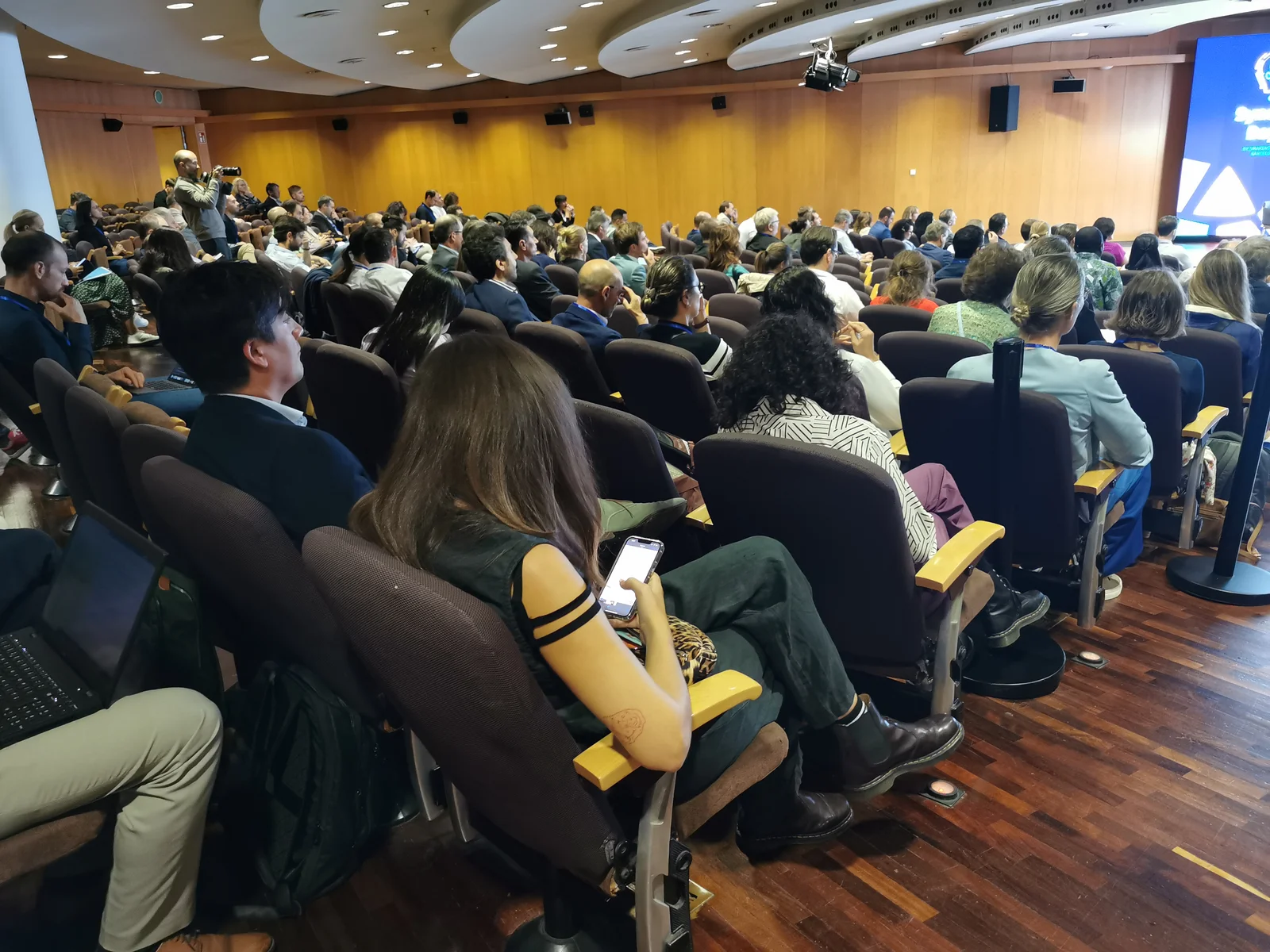
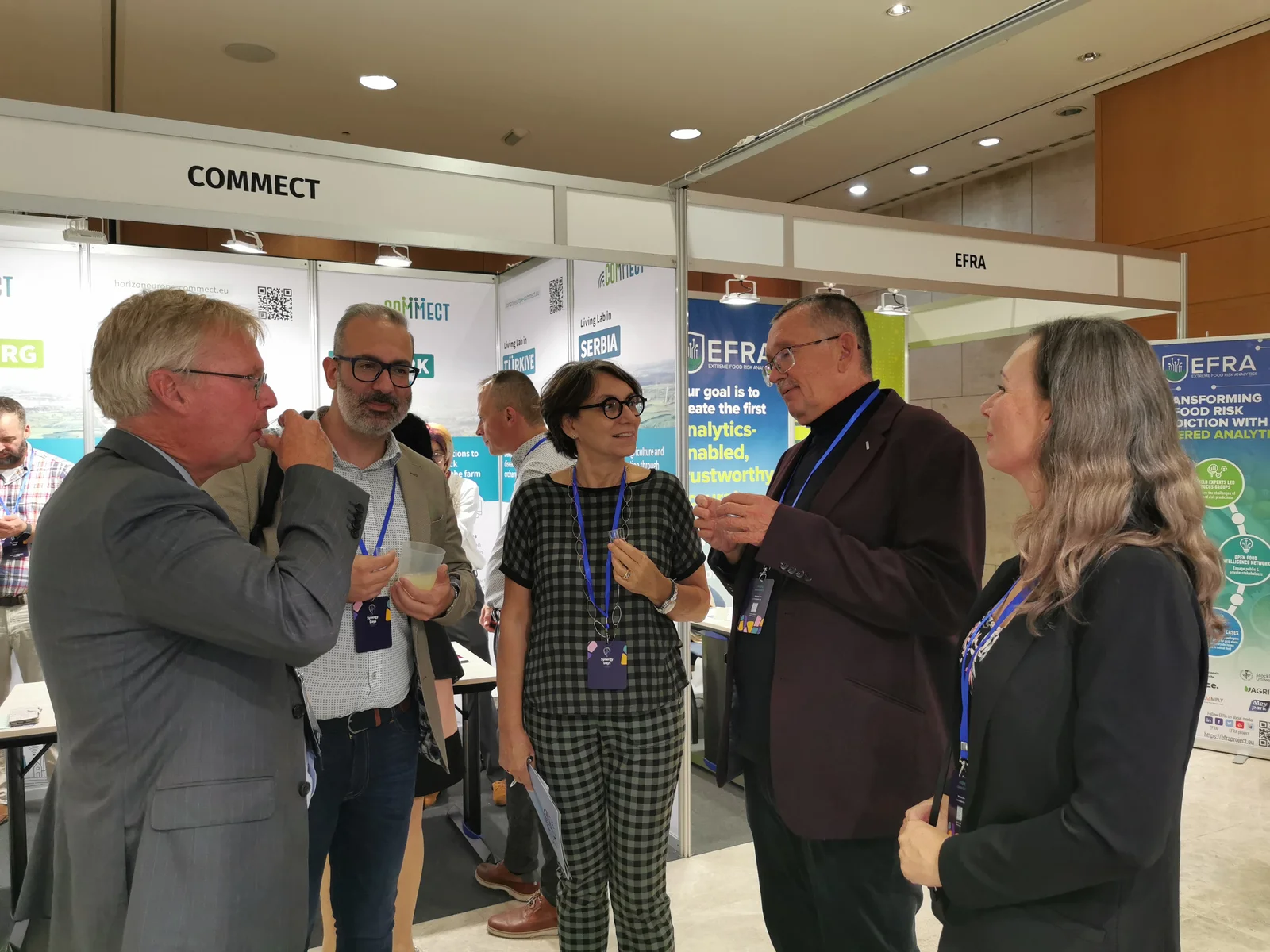
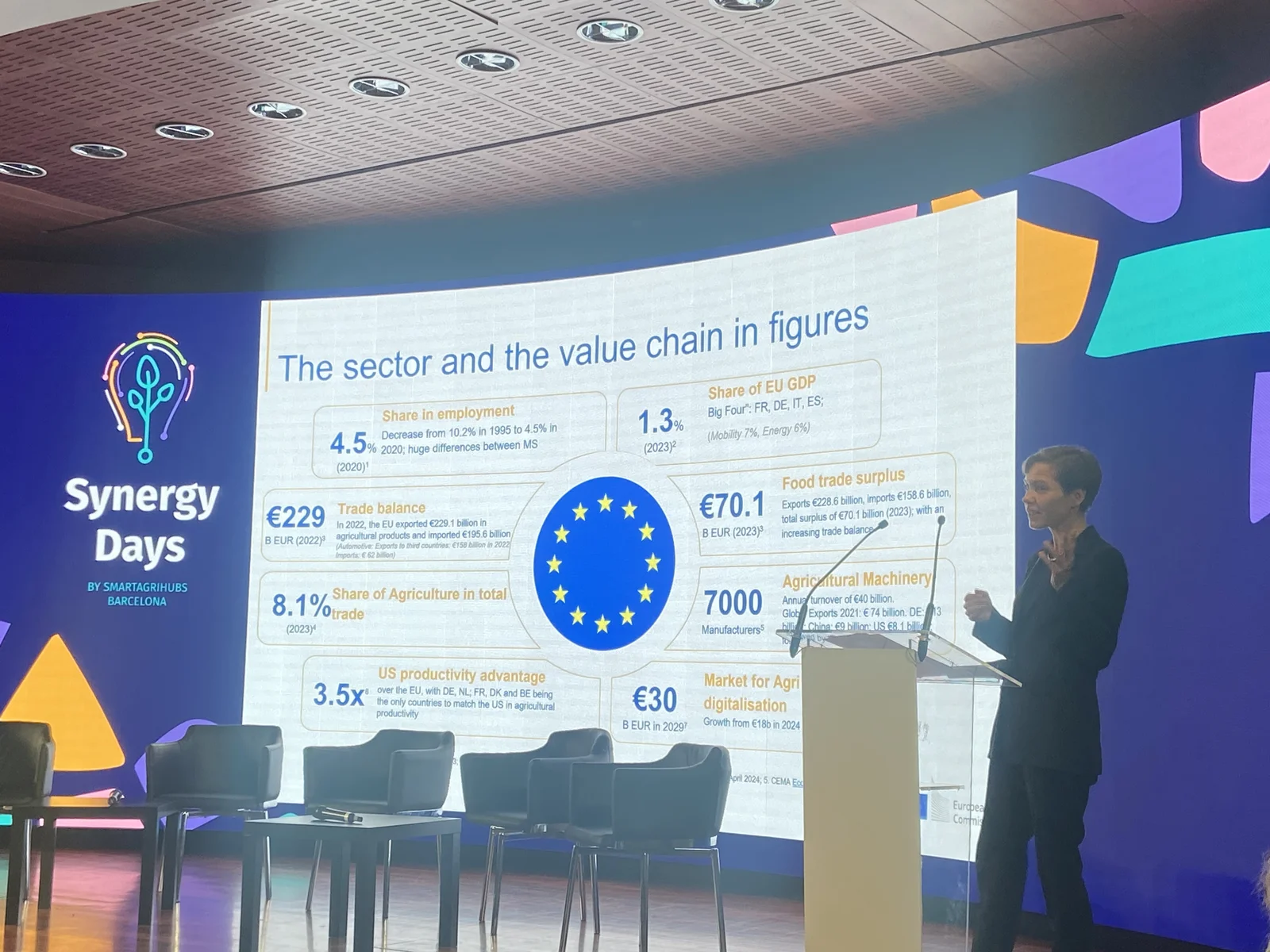
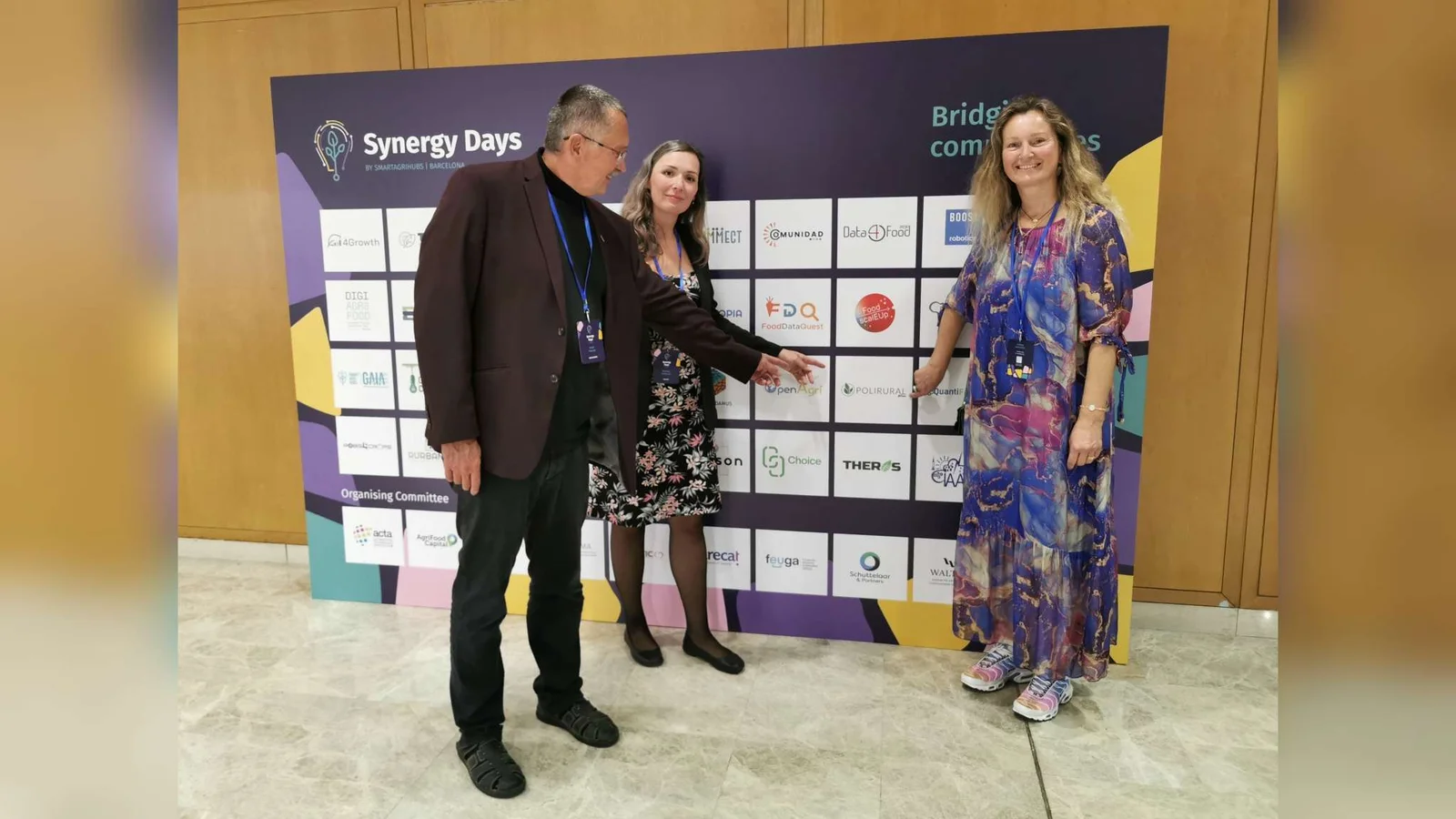
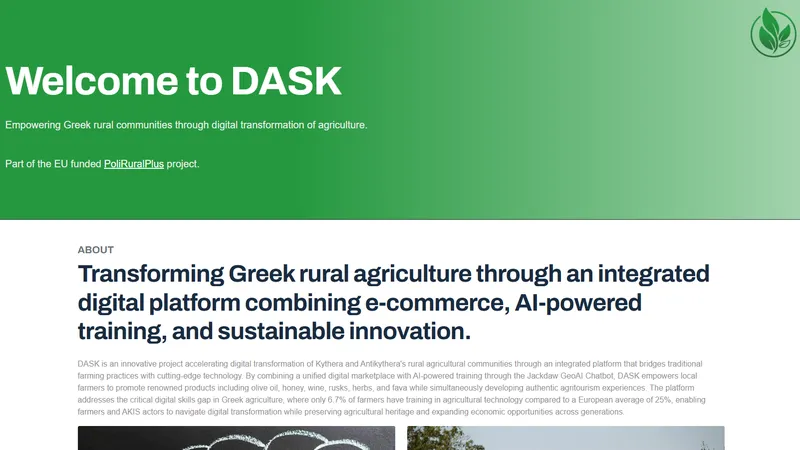
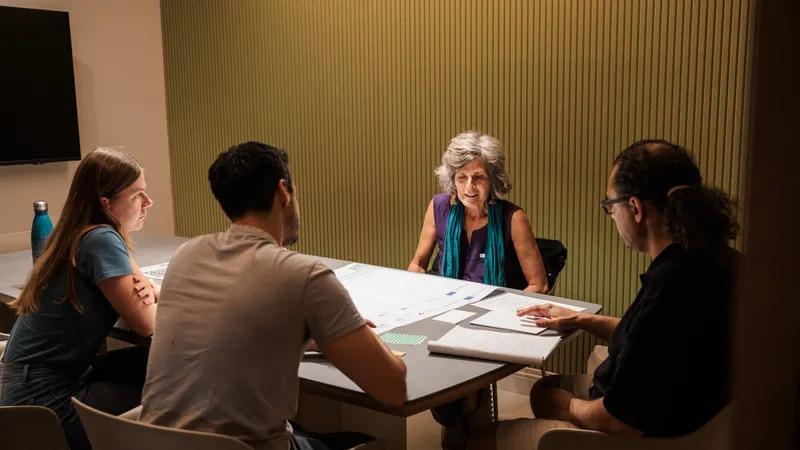
Existing Comments